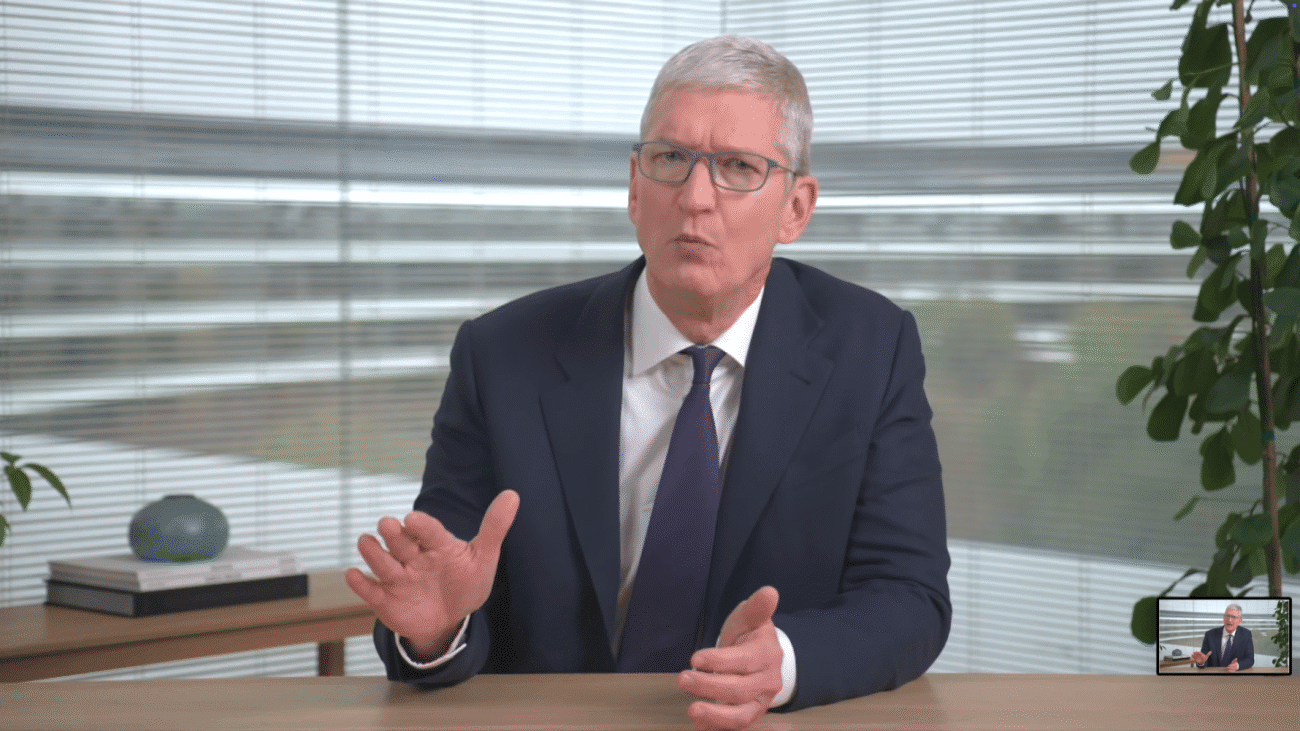Apple’s Cautious Approach to AI: Smart Strategy or Missed Opportunity?
As Apple dives into the realm of artificial intelligence, it’s clear that their approach is anything but rushed. While other tech giants like Microsoft and Google are firing off AI features left and right, Apple seems to be taking a more measured route. If you’re wondering if this tactic is a sign of them falling behind or if it’s a calculated move, you’re not alone. Here’s what’s happening behind the scenes at Apple, and why many think their slow and steady approach could turn out to be a winning strategy.
The Slow Rollout of AI Features
Let’s get real here: while Apple’s peers are pushing out AI tools with questionable reliability, Apple is taking its time. It’s rumored that their much-anticipated Apple Intelligence features won’t hit most users’ devices until 2025—or even 2026. Critics might label this as falling behind, but Apple’s history shows it often prefers to launch only when everything’s polished.
Take a quick look at other companies. Sure, they released AI tools quickly, but many of these ended up riddled with bugs. How many times have you interacted with an AI assistant that just didn’t get it right? Frustrating, isn’t it? Apple’s strategy of biding its time may just save them from the pitfalls of a half-baked launch.
The Waiting Game: Wisdom or Misstep?
Apple’s deliberate pace mirrors its past. Remember when they entered the smartwatch and tablet markets later than others but came through with devices that redefined those categories? By focusing on quality over speed, they aimed to offer a better product. If current AI tools fail to improve, Apple’s cautious strategy could be seen not as hesitation, but as savvy planning.
Just last month, CEO Tim Cook rallied employees, emphasizing the urgency in AI. He stated, “Apple must win in AI – and now is the time.” Apple’s management is clearly anticipating a paradigm shift, viewing this as a unique opportunity to capitalize on AI in a way that reflects the company’s ethos of quality and user-centric design.
Revamping Siri: A Major Overhaul in Progress
One of Apple’s primary focuses right now is rethinking Siri, their voice assistant. Initially, they aimed to incorporate large language models into Siri but decided to scrap that plan when it didn’t meet their high standards. Instead, they’re completely rebuilding Siri from scratch, with a new version expected in spring 2026.
Could this be the rebirth that Siri desperately needs? Apple seems to think so. Being led by Mike Rockwell, the visionary behind the Vision Pro headset, this revamped Siri is getting the care and attention it deserves. This isn’t just a minor update; the team is aiming to “supercharge” Siri and ensure it meets Apple’s well-known quality benchmarks.
Investing in AI Talent and Tools
You’ve got to respect how Apple’s not just sitting idle. They’re ramping up investments in AI, having hired 12,000 folks, 40% of whom are focused on research and development in this area. Apple is busy establishing new AI server farms and is also working on hardware tailored specifically for AI tasks.
And guess what? They’re building a team that’s gearing up to create a search function akin to ChatGPT—directly answering queries instead of just linking to articles. This would mark a significant step towards evolving the user experience for millions.
A Push to Accelerate and Adapt
Despite the challenges that lie ahead, including regulatory scrutiny and potential financial setbacks, there’s a palpable sense of urgency within Apple. Cook pushed his team to integrate AI into their work processes, urging them to think outside the box to get these tools into products faster.
During a recent earnings call, with revenues still strong, he reassured investors that Apple would significantly boost its spending on AI. They’re not just watching from the sidelines; they’re gearing up for an AI transformation, ready to deliver their signature-quality product when the time is right.
What Lies Ahead for Apple and AI?
While Tim Cook didn’t spill any beans about new devices, he hinted at exciting times ahead. The future could hold everything from foldable iPhones to new smart glasses. If this cautious approach pays off, Apple may not just join the AI race; they might redefine it.
So, what’s your take on Apple’s slow and steady approach? Is it a smart strategy that prioritizes quality over haste? Or are they missing a golden opportunity in an AI-driven world?
If you’re hungry for more insights like this, keep an eye out for more updates, and let’s see together where this journey takes us!
For an engaging read about how AI is shaping the tech landscape, check out AI & Big Data Expo.
